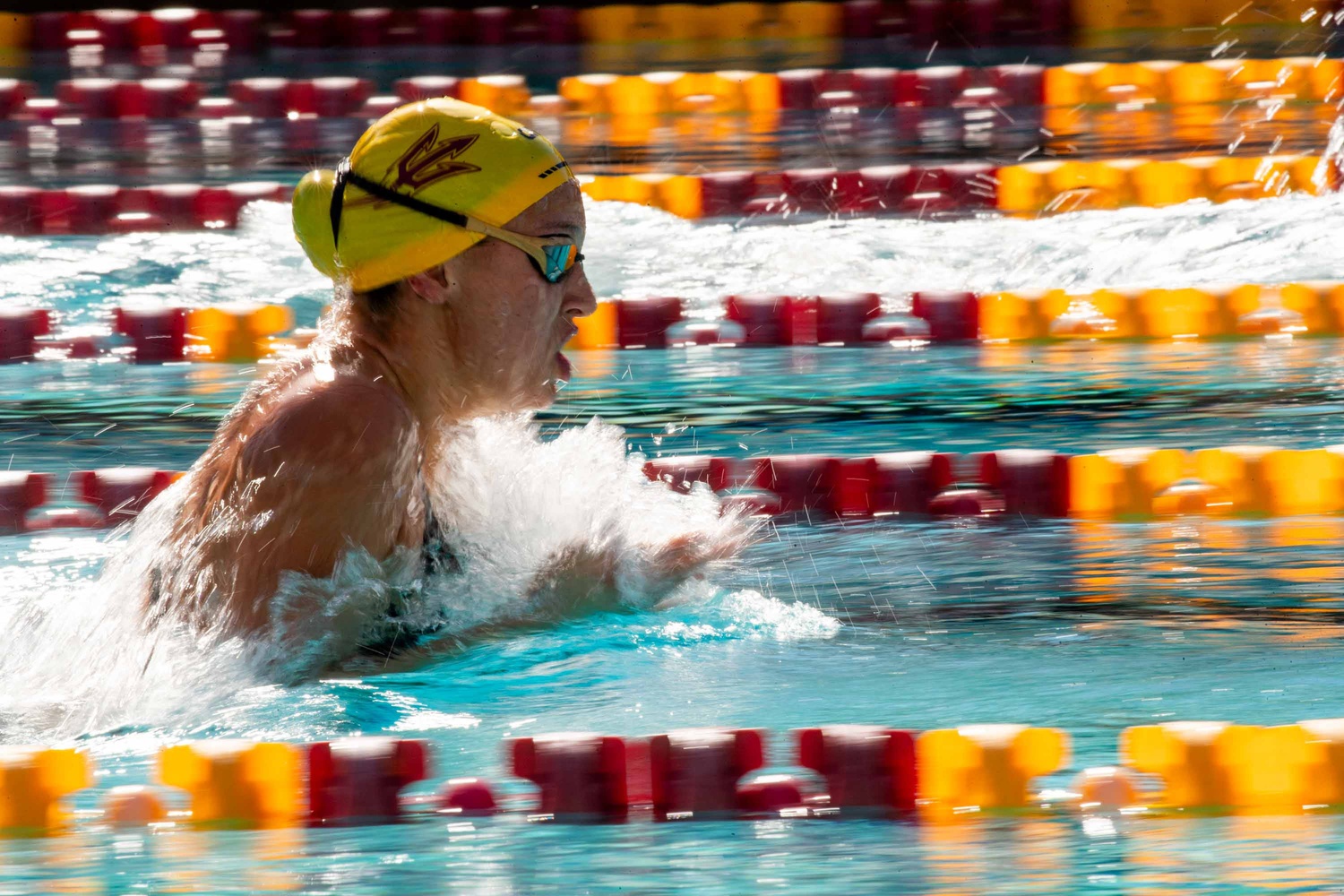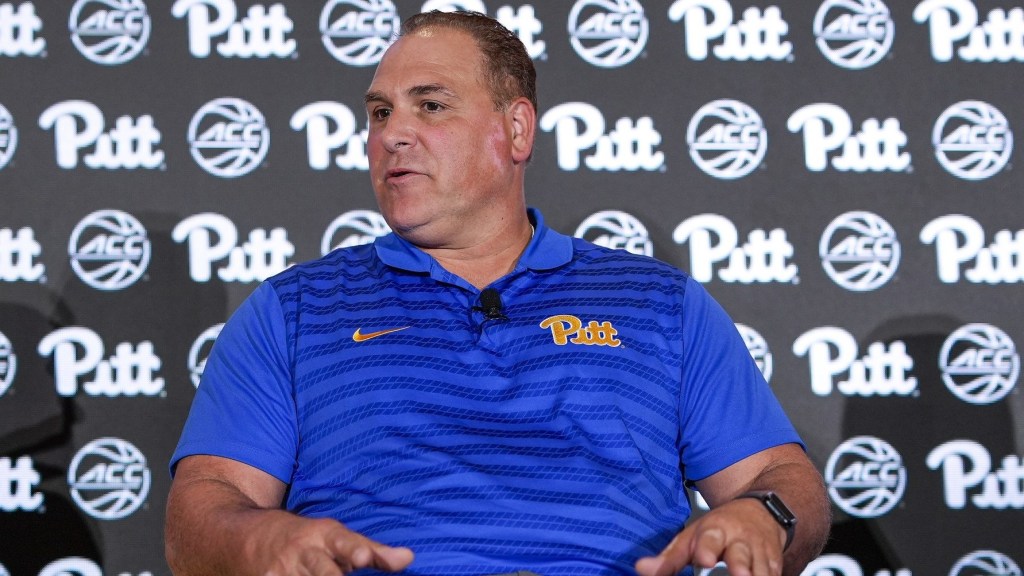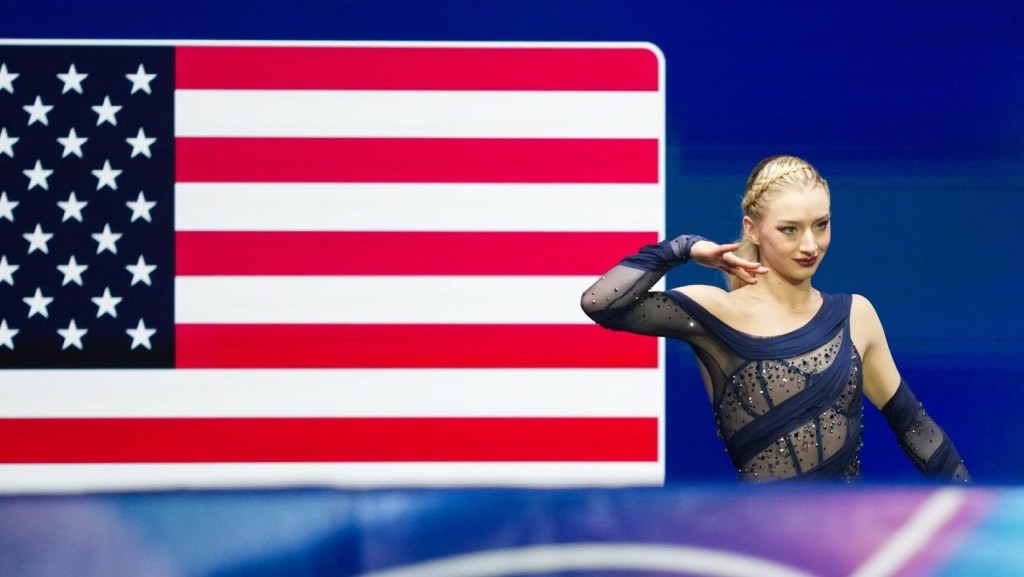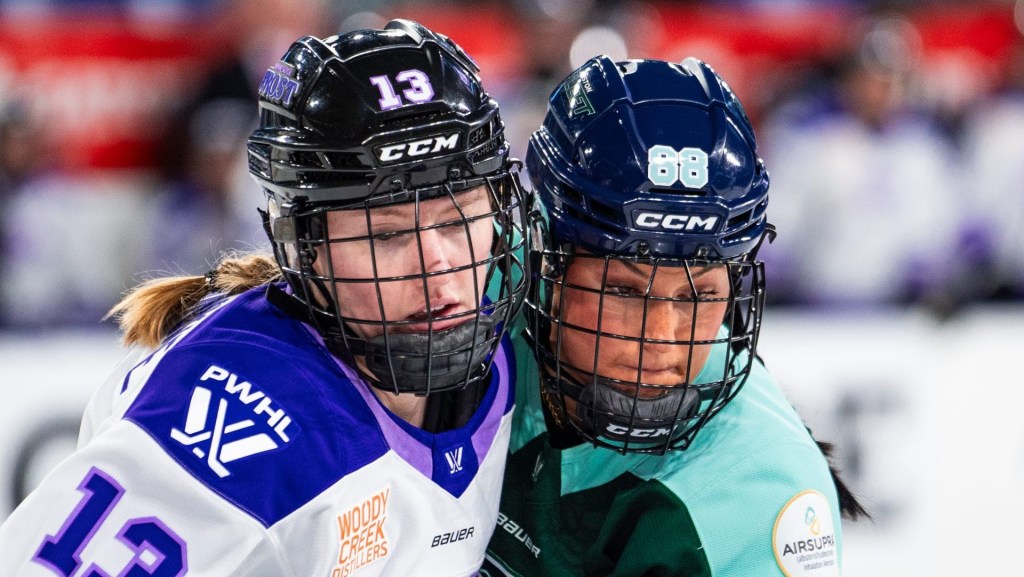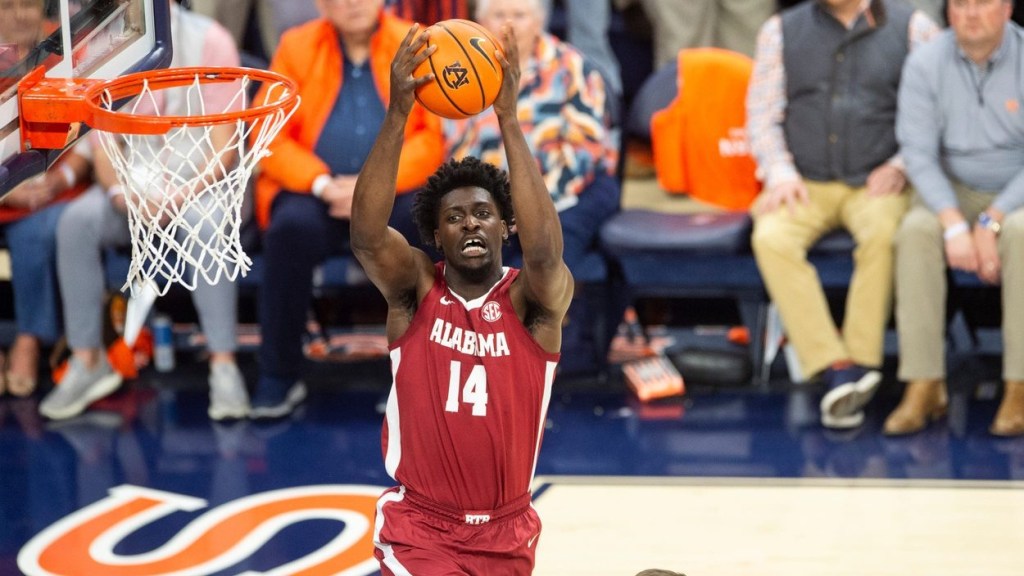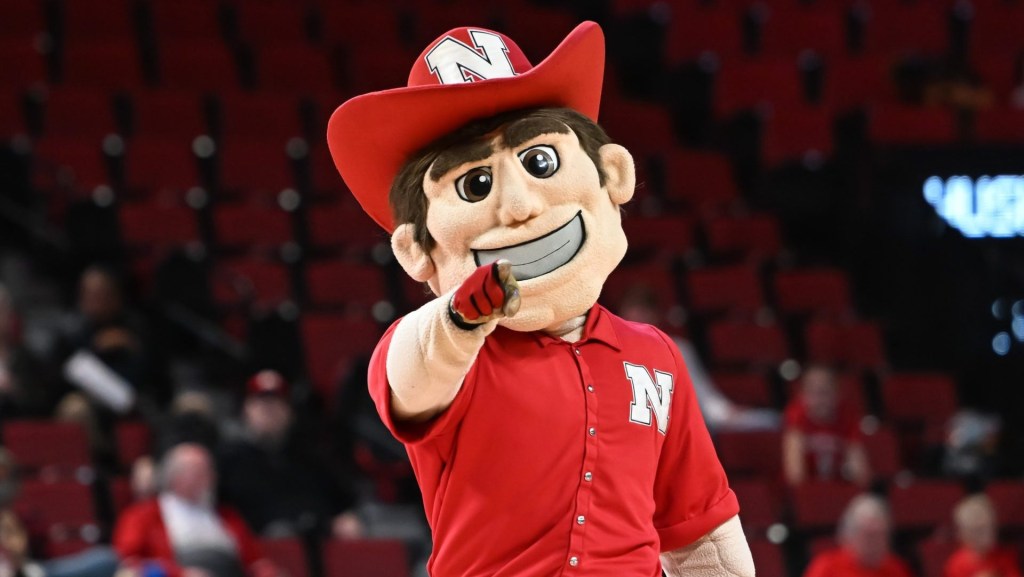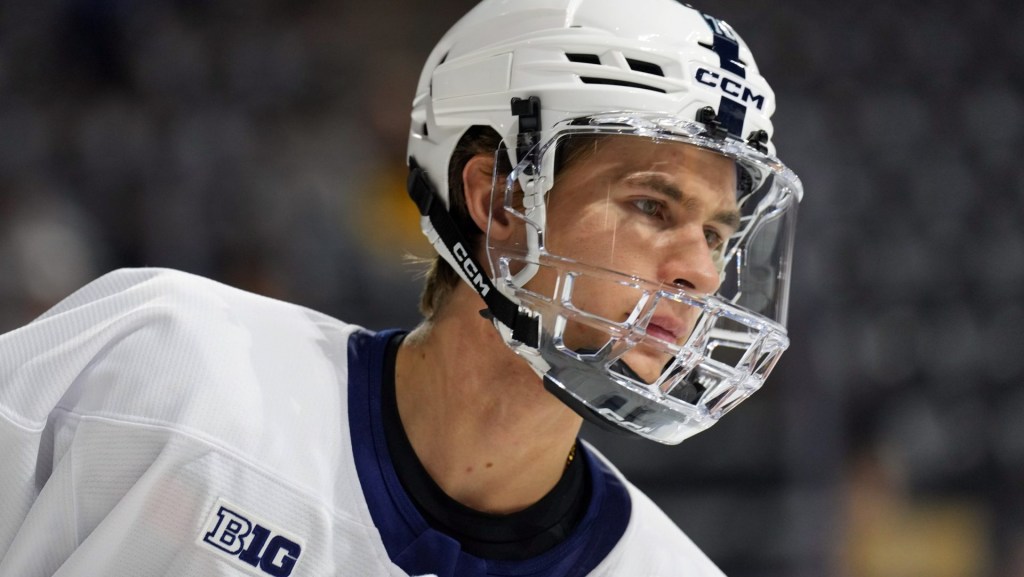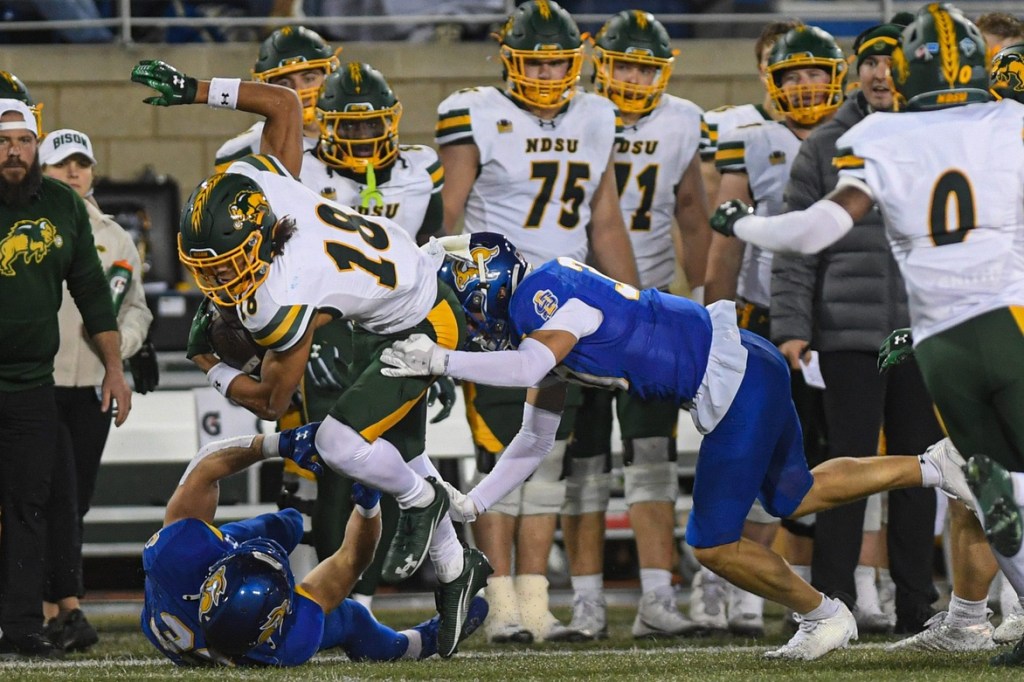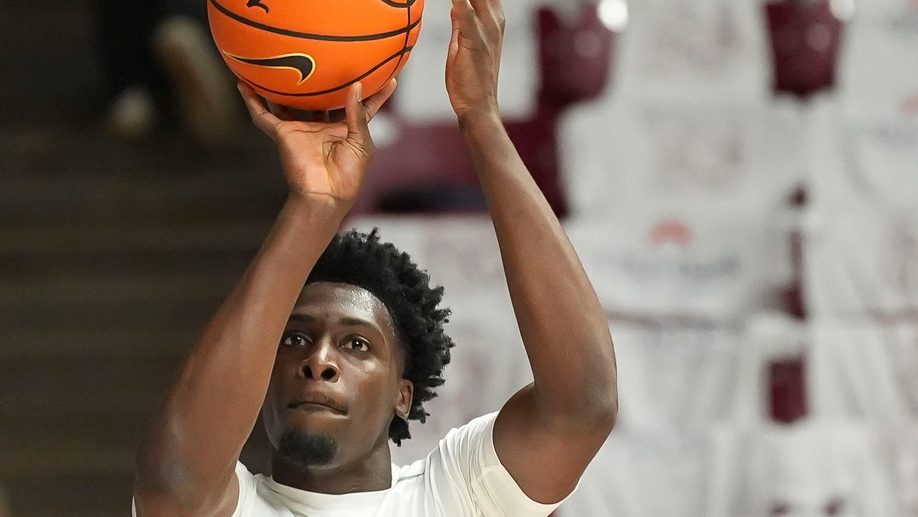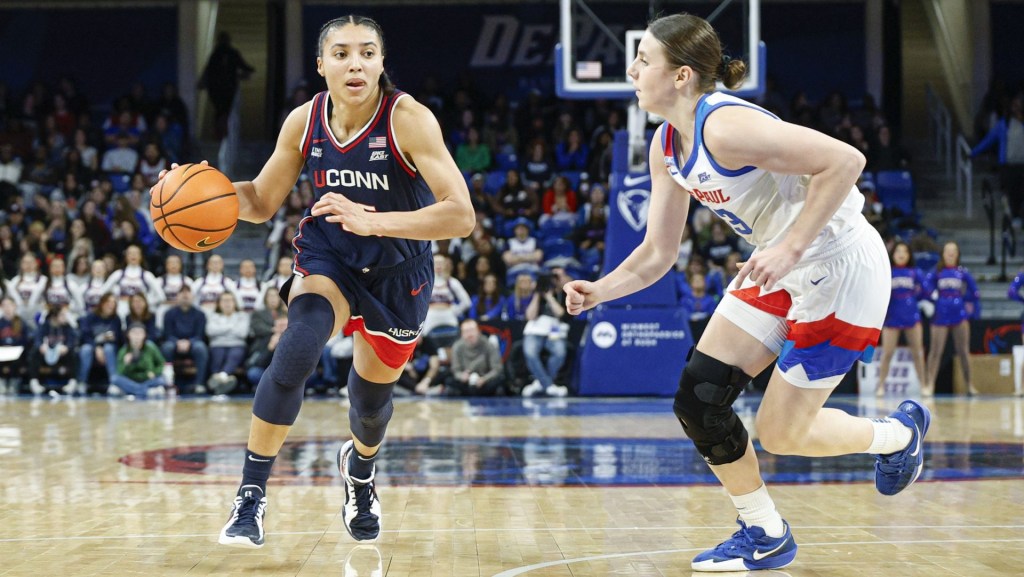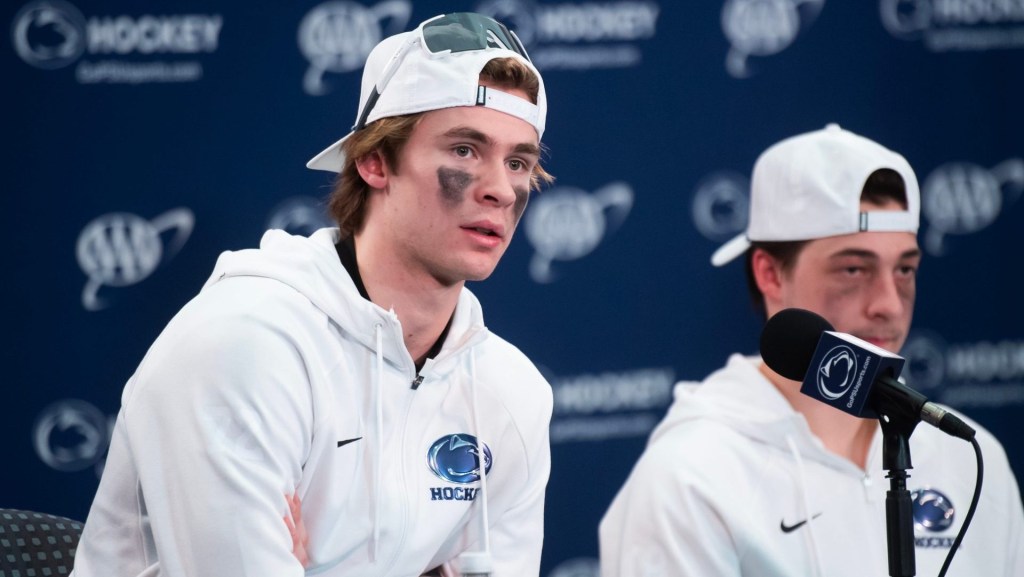Over the past few weeks, the White House and State Department have taken sweeping actions on immigration policy that could ensnare both current and incoming college athletes, hindering their ability to obtain visas to enter the country.
U.S. embassies around the world have halted interviews for student visas—a key component of the visa application process—in order to prepare for a new policy involving scrutiny of foreign nationals’ social media profiles. The news was first reported by Politico on May 27, and confirmed by a State Department spokesperson on June 3. The policy would effectively put the visa application process for any prospective international athlete, or current athlete in need of a student visa renewal, on pause in all countries.
Then, on Wednesday, President Donald Trump issued a set of travel bans on 12 countries, and he implemented restrictions on several others. The policy would effectively prohibit athletes in 19 countries from trying to get student visas. Trump also said he’s blocking Harvard from participating in the U.S. student visa program, preventing the school from welcoming new foreign students—including international athletes. It’s the second time he’s tried to find a legal way to do so, as an earlier attempt was blocked by a federal court.
The NCAA declined to comment on the travel bans.
Typically, college athletes enter the U.S. through student visas, or “F class” visas, though there are other types. The pause on student visa interviews was initially implemented so that embassies could update their vetting process to comply with Trump’s request to scrutinize applicants’ social media posts. Now, at a crucial time for international athletes who are preparing to come to school in the U.S. this fall, the visa process is not moving forward for anyone.
The policy is already a cause for concern for coaches and athletes, according to at least one ESPN report. If State Department interviews remain on pause for the entire summer, athletes all over the world could be rushing to get visas before the 2025 school year begins. State Department spokesperson Tammy Bruce told reporters Thursday that an update would be provided by the end of the week.
But even when they are, Trump’s newest travel bans and restrictions could impact athletes in a variety of sports.
The policies, which ban people from 12 countries and restrict seven others, suggest that prospective college athletes who need to apply for a visa, or current athletes currently out of the U.S. and need to renew their visa, now won’t be able to, immigration attorney Amy Maldonado, who works with both college and professional athletes, tells FOS.
It’s unclear how many athletes will be affected. The most recent NCAA data, from the 2021–22 school year, shows dozens of Division I athletes hail from the impacted countries. That year, 14 D-I athletes came from Haiti, while four came from Myanmar and four from Sudan. (The NCAA’s dataset did not include numbers for Equatorial Guinea or the Democratic Republic of Congo, both of which are among the affected countries.) Sixty-four athletes came from nations with other restrictions, which include Burundi, Cuba, Laos, Sierra Leone, Togo, Turkmenistan, and Venezuela. (Venezuela alone sent 58 D-I athletes to the U.S. in 2021–22.) The sports impacted range from men’s and women’s basketball and baseball to track and field and golf.
The travel ban includes exemptions, like one for professional athletes. And the proclamation says no visas issued before its implementation would be revoked. But what about international students with visas who’ve left the U.S. and are trying to get back? State Department spokesperson Tommy Pigott wouldn’t comment on that question at a briefing with reporters Thursday.
“We’ve been advising our students not to travel since January,” Maldonado says, a position that continues especially with these new travel bans.
Dozens of international athletes poised to attend Harvard could lose the opportunity given that, if Trump’s policy holds, incoming athletes wouldn’t be able to enroll from any country—whether it be Canada or the Congo. The proclamation also directs the Secretary of State to potentially revoke the visas of current athletes who fall into certain categories.
This isn’t the first time since January that Trump’s immigration policies directly affected international college athletes. In April the administration revoked the visas of South Sudanese nationals—when South Sudanese Duke basketball player Khaman Maluach was participating in the men’s Final Four. At the time, Duke and Malauch did not comment on his situation, though Maldonado speculated that an attempt to revoke his visa could be challenged in court. But she also notes Malauch shouldn’t leave the country over the summer just so border officials don’t have the opportunity to deny him entry. Malauch has declared for the NBA draft.
